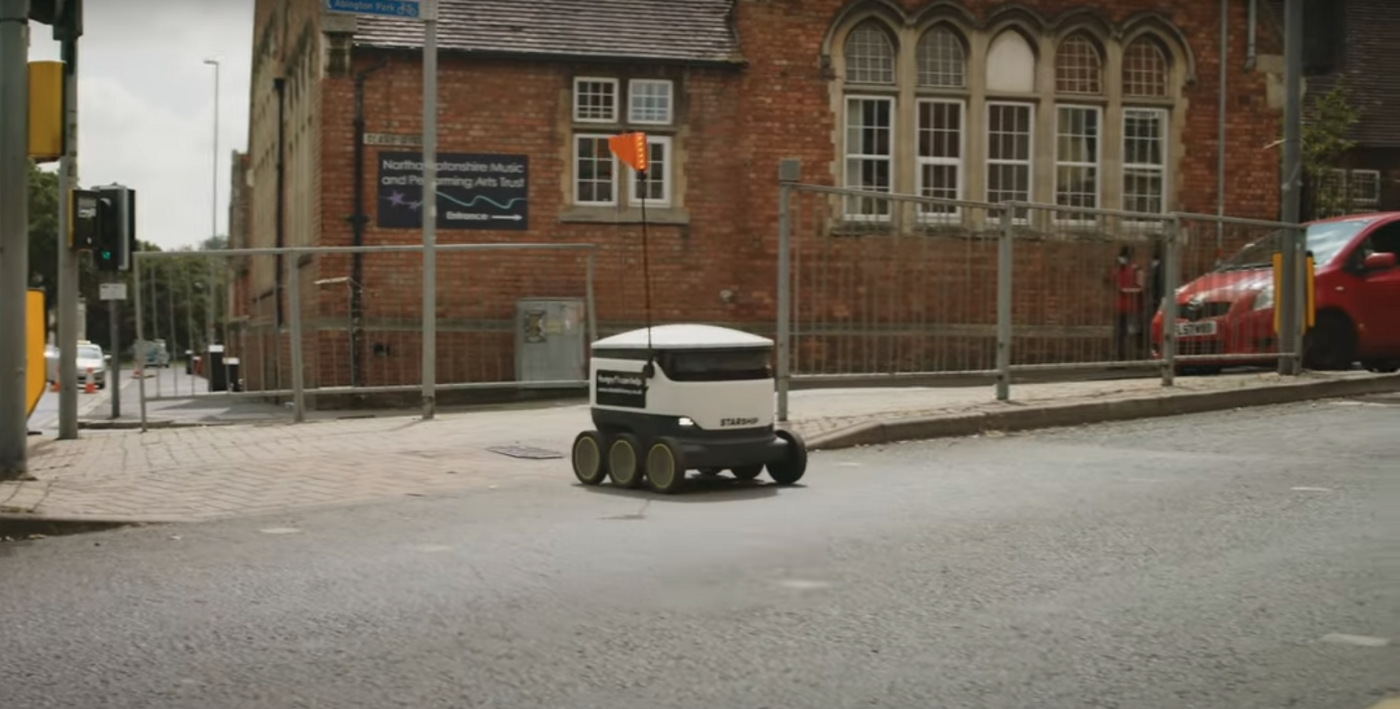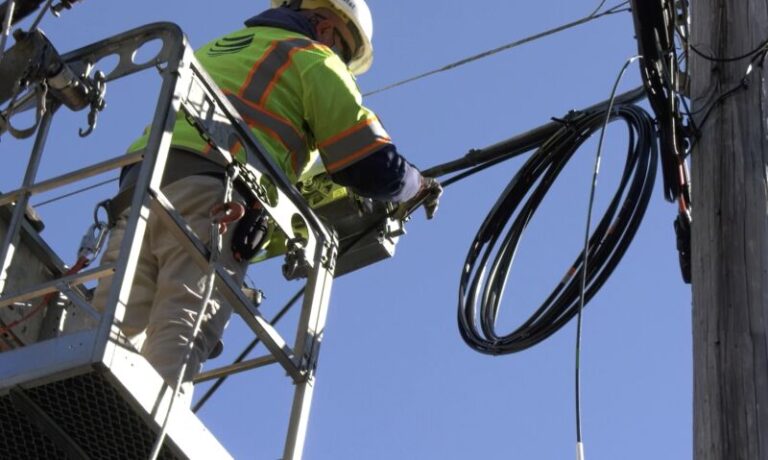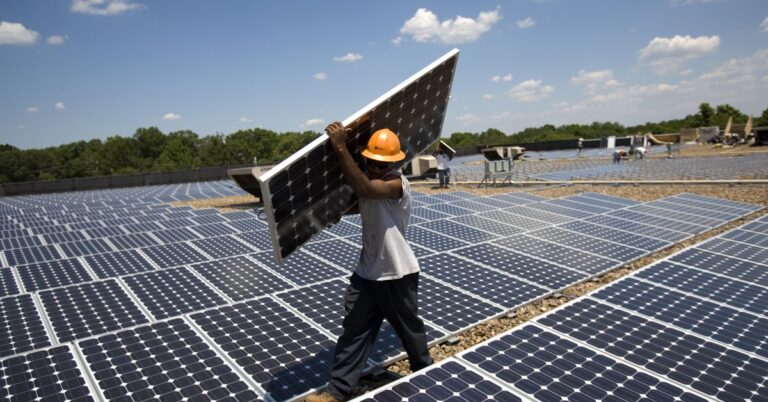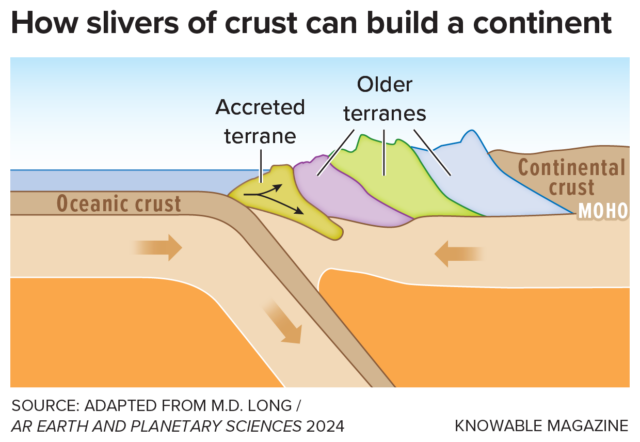As Starship robots carry out their deliveries, they naturally might need to cross a road. This will only be done in suitable — and pre-mapped — locations, but could be a zebra crossing, traffic lights or just unmarked road crossing points.
We map all of our delivery areas in advance, so the robots know which routes they can — and can’t — use.
The robots are then equipped with a suite of sensors and cameras which are constantly understanding the environment around them. The sensors allow the robot to follow the mapped route and can detect moving objects up to 90 metres away. This means they only cross roads when it is judged to be safe to do so and, as such, they might wait a little longer just to make sure.
If, however, a vehicle, car or pedestrian is detected nearby, the situation may be assessed to be unsafe and the robots will continue to wait for the right opportunity. It’s better to be safe than sorry.
On occasion, you may even see a robot start to cross, but then quickly reverse back again. Don’t worry, this is normal behaviour in order to wait for a safe time to cross and happens if a car or other moving object is detected.
Not only do we want the robots, pedestrians and road users to be safe themselves at all times, we also want the robots to be positive role models when it comes to crossing roads safely.

Zebra crossing:
- You’re not expected to wait for a robot to cross at a zebra crossing, but please continue to obey all local road safety laws for pedestrians.
Traffic lights/Pelican crossings:
- Robots will generally cross when the pedestrian light is green, or when it is deemed safe to do so. Please continue to obey all local road safety laws for pedestrians.
Unmarked road crossings:
- You’re not expected to wait for a robot to cross at unmarked road crossings, but please continue to obey all local road safety laws for pedestrians.
Thank you for embracing Starship robots in your communities — we love being part of them!
Team Starship x







